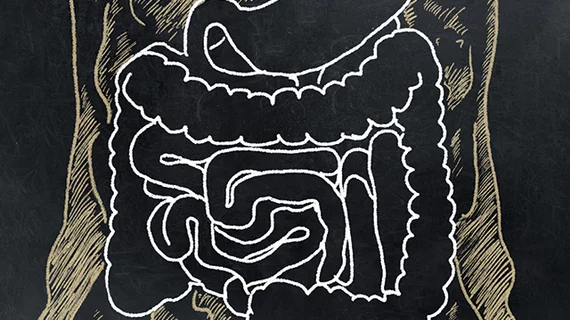CTC adds diagnostic insight during colon cancer screening
CT colonography (CTC) achieved a similar positive predictive value (PPV) as colonoscopy during colon cancer screening and can help clinicians care for patients by specifying the nature of exam findings, according to a new study published in the American Journal of Roentgenology.
A trio of researchers from the U.S. and Italy set out to test the PPV for detecting colorectal lesions using only CTC compared to the commonly utilized stool-based tests such as the fecal immunochemical test.
The team analyzed the data of 1,650 patients who underwent CTC colorectal cancer screening and subsequent standard colonoscopy between April 2004 and June 2018. Each case was given a CTC Reporting and Data System (C-RADS) score depending on the number and size of lesions.
CTC achieved a PPV in lesions 6 millimeters (mm) or larger of 88.8% per polyp and 90.8% per patient, compared to the 100% mark in standard colonoscopy that was used as a reference standard, reported Perry J. Pickhardt, MD, the department of radiology, University of Wisconsin School of Medicine & Public Health in Madison, and colleagues.
According to Pickhardt et al. “of even greater relevance than overall PPV is the likelihood of neoplasia,” which a positive CTC exam indicated in 72.3% of cases and identified advanced cases in nearly 40% of exams.
What separates CTC from commonly used stool-based tests, is its ability to non-invasively reveal more specific information about the positive finding. And by using C-RADS scoring, clinicians could theoretically provide a more accurate diagnosis, wrote Pickhardt and colleagues.
They noted that nearly 6% of positive CTC exams designated as C-RADS C2 contained advanced neoplasia, and for CTCs classified as C-RADS C3 that rose to 67.1%. Fifty-two percent of C4 cases were linked to a cancer diagnosis.
“Unlike stool-based tests that provide only a binary positive or negative result, CTC can specify the nature of the positive findings, resulting in much greater specificity and risk stratification for patient management decisions,” the authors wrote.

